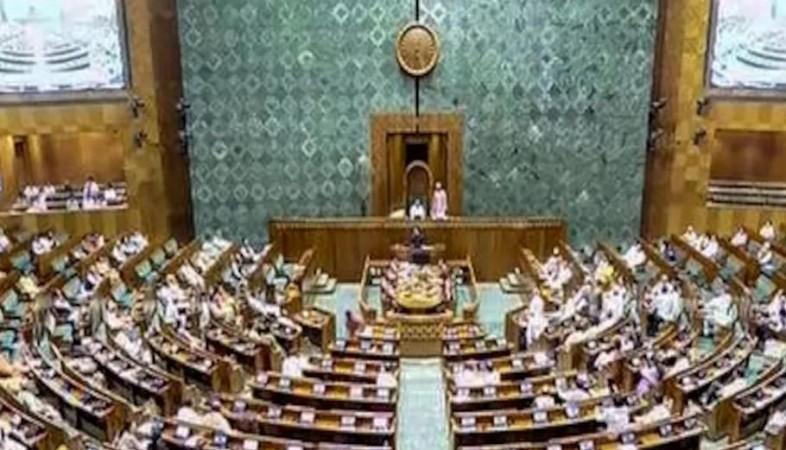
The 18th Lok Sabha, having convened for its inaugural session from June 24 to July 3, is set to elect its new Speaker on June 26. The Speaker's role is pivotal in the functioning of the Lok Sabha, representing its authority and ensuring its operation in accordance with the rules of Parliament and democracy.
In the interim, Bharatiya Janata Party MP Bhartruhari Mahtab has been appointed the 'pro-tem Speaker' of the Lok Sabha. President Droupadi Murmu administered the oath of officeto him in the presence of all the newly-elected members of the Lower House.
Mahtab will serve as the 'pro-tem Speaker' until June 26, when the new Speaker will be elected. The process of electing the Speaker is governed by Article 93 of the Constitution. All members of the Lok Sabha participate in the election, casting their votes in a secret ballot.
The Speaker is elected by a majority, which means that more than half of the members present in the House must vote for a candidate for them to become the Speaker. Since Independence, all Lok Sabha Speakers have been elected unopposed.
The election of the Deputy Speaker follows the same rules, with the date fixed by the newly-elected Speaker. The Deputy Speaker's post has been held by the Opposition since 1991. However, this time, it might go to one of the BJP-led NDA allies, the TDP or the JD(U).

The Multifaceted Role of the Speaker
The Speaker's role is multifaceted. They preside over the sessions, maintaining discipline and decorum, deciding who speaks, and the order of proceedings. They ensure orderly conduct and discipline by applying the rules of the procedure of the Lok Sabha. The Speaker has the power to discipline members of the House over inappropriate behaviour, imposing penalties or sanctions, or sometimes removing them from their position.
The Speaker ensures fair participation in the House proceedings and protects the rights of the members. They participate in discussions but only vote if there is a tie. They have the authority to adjourn or suspend the meeting if enough MPs are not present. They verify important bills and handle joint meetings between the upper and the lower houses of the Parliament. They also license Money Bills and can make decisions on other finance-related bills. The Speaker must be transparent and fair, regardless of their political party.
The role of the Speaker is significant in maintaining the balance of power within the Lok Sabha. They ensure impartiality, uphold the rules of procedure, and protect the rights of all members, thereby maintaining a fair and balanced environment for debates and decision-making in the Lok Sabha.
Historically, the Speaker's role has been a subject of contention and debate. The election of the Speaker and the consequent role in the Lok Sabha is a crucial aspect of India's parliamentary democracy.
As the 18th Lok Sabha prepares to elect its new Speaker, the nation watches with anticipation, aware of the significant role the Speaker will play in the functioning of the Lower House in the coming years. The Speaker's role, while multifaceted and demanding, is integral to the smooth functioning of the Lok Sabha and the upholding of democratic principles.

















